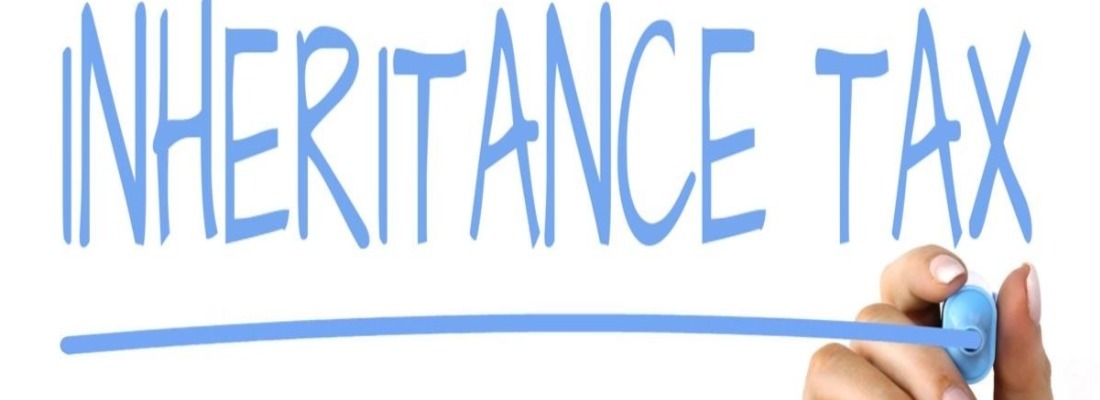Seven Ways to Trick Yourself Into Saving Money Each Month
The hardest part of actually saving for your retirement, is saving money. We all understand and appreciate that there are many unavoidable costs that add up, but the problem is that these costs often whittling away your monthly income in a blink of an eye. The typical life and savings cycle for most people across …









